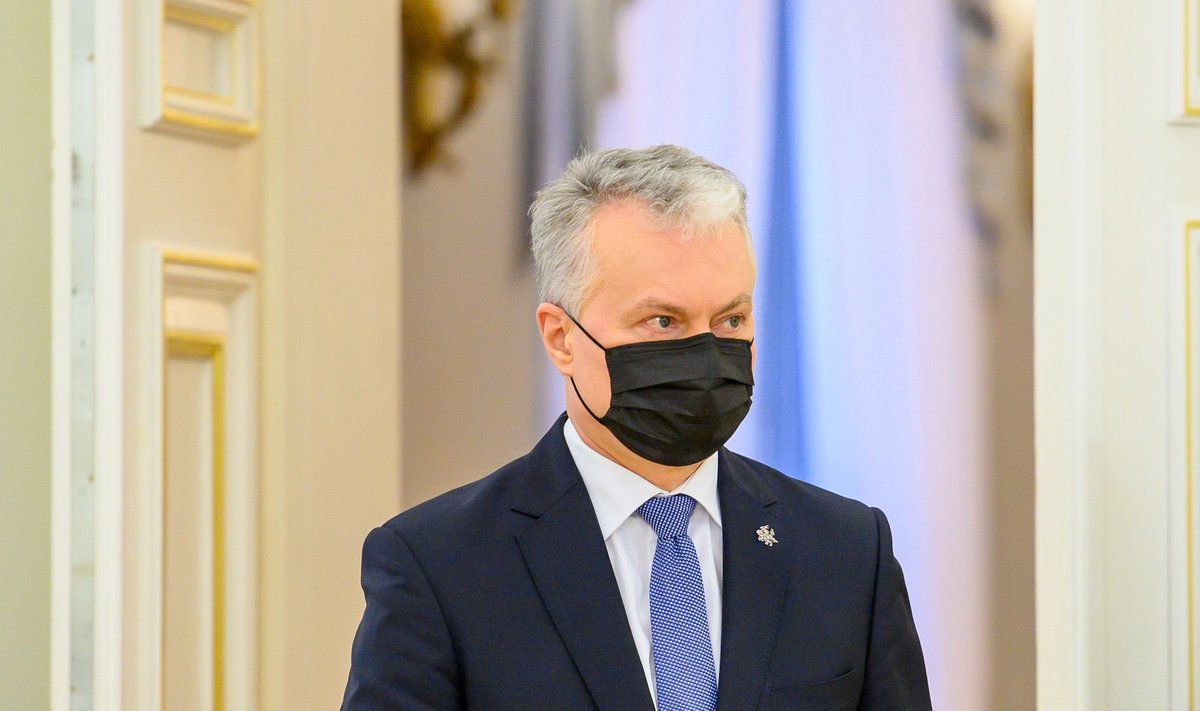"The EC president has assured us that Lithuania will be able to vaccinate at least 70 percent of its adult population in the first and second quarters of this year (...), because vaccine deliveries to us will amount to 4 million doses during that period, which is well above our current vaccination rate," he said on Friday after the European Council's remote meeting.
Nauseda said Lithuania could reach the 70 percent vaccination target "by the King Mindaugas coronation celebration" on July 6.
To achieve the target, Lithuania will need to vaccinate an average of 10,000 people per day in February and up to 34,000-35,000 people daily in the second quarter, according to the president.
"In other words, if the pace of vaccination slows down on the weekend for one reason or another, we have to make up for the lost time in other days of the week," Nauseda said.
"In the near future, the key challenge will be (...) to vaccinate our people en masse so as to make optimal use of time and fully achieve collective immunity," he said, noting that vaccination centers are already being set up.
Nauseda also said that the European Medicines Agency will next week consider the issue of the AstraZeneca vaccine and if it authorizes it for use in the EU, Lithuania could receive the product in mid-February.
The EU has until now approved two coronavirus vaccines, one made by Pfizer and BioNTech, and another by Moderna.
As part of the EU's joint procurement scheme, Lithuania has decided to purchase coronavirus vaccines from six developers: Moderna, AstraZeneca, Janssen Pharmaceutica NV, Sanofi/GSK, Pfizer/BioNTech, and CureVac.
